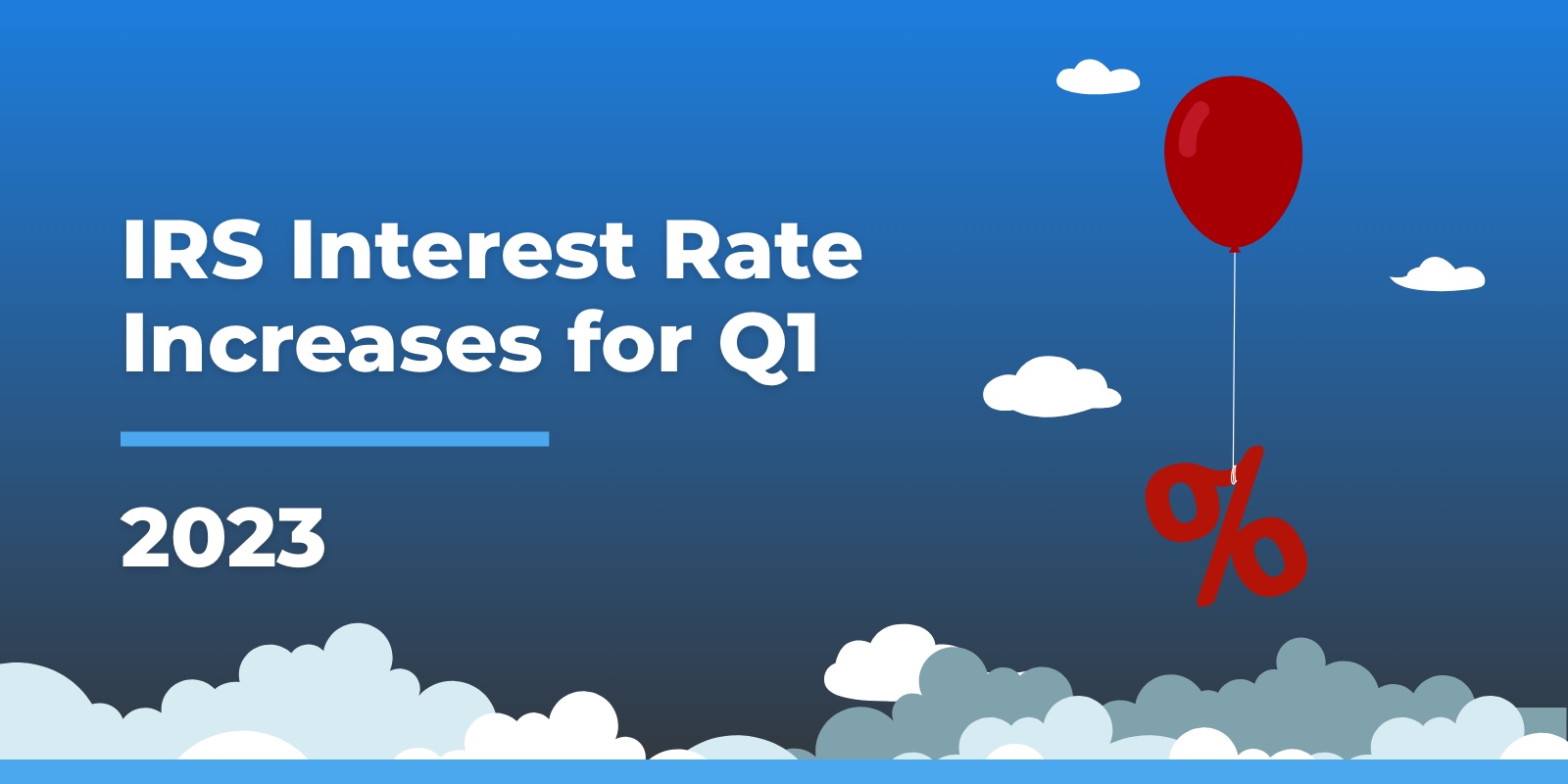Ask Phil: How Do IRS Penalties and Interest Work?
Today, Optima Tax Relief’s Lead Tax Attorney, Phil Hwang, discusses penalties and interest, including the most common penalties and how interest rates are calculated.
Failure to File Penalties
Owing the IRS is much more than just owing a tax balance. The IRS also charges penalties and interest, the most common penalties being the Failure to File and Failure to Pay. The Failure to File penalty is charged on tax returns filed after the tax deadline or tax extension deadline without a reasonable cause. It accrues at a rate of 4.5% per month, beginning after taxes are due. For example, if you filed for a tax extension, you have until the usual October 15th deadline to file before penalties and interest begin to accrue. In 2023, the deadline is October 16th. If you did not file an extension, the deadline is April 15th each year before the Failure to File penalty and interest begin to accrue. In 2023, the deadline was April 18th.
Failure to Pay Penalties
The Failure to Pay penalty, on the other hand, accrues at 0.5% per month for every month or partial month that a tax balance remains unpaid. The day the Failure to Pay penalty begins to accrue is dependent on whether you filed a tax extension. If you file a tax extension, the Failure to Pay penalty will begin to accrue after the October tax deadline. If you do not file an extension, it will begin to accrue after the April tax deadline.
IRS Interest Rates
The interest rates on these penalties are calculated based on the federal short-term rate, plus an additional 3%. Interest compounds daily until the balance is paid in full. The interest rates for underpayments in the first quarter of 2024 are as follows:
- 7% for individual underpayments
- 9% for large corporate underpayments
Interest rates are determined each quarter. You can find the most up to date news on quarterly interest rates on the IRS website.
Next week, Phil will discuss IRS enforcement. How long does the IRS have to collect back taxes? Can back taxes affect your credit score? Stay tuned for “Ask Phil” next Friday!
If You Are Being Hit with IRS Penalties and Interest, Contact Us Today for a Free Consultation
